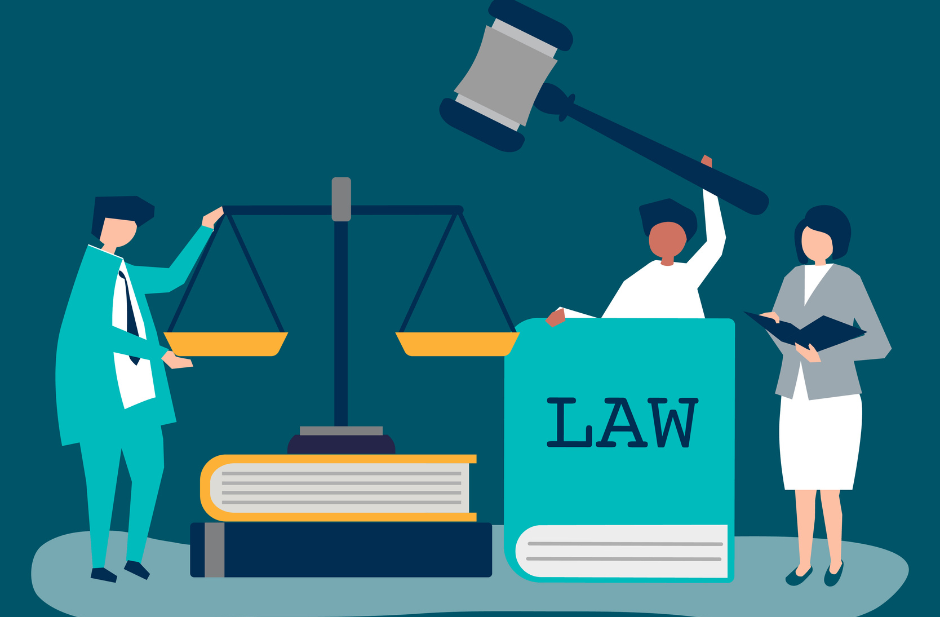No one wakes up in the morning thinking, “Today’s the day I deal with insolvency.” It’s one of those situations that creeps up on you, often after weeks or months of sleepless nights, unanswered emails, and frantic calculations that don’t add up.
Insolvency can make you worried about your reputation, your employees, your family, and the years of hard work you’ve put in.
The good news? You don’t have to navigate this minefield alone. That’s exactly where BWA insolvency services and experienced insolvency lawyers step in.
What Are Insolvency Cases?
Insolvency is a situation involving money in which a person or a company cannot pay their debts because what they own (assets) is not enough to cover what they owe (liabilities).
Then, is it the same as bankruptcy? Not really.
Unlike bankruptcy, which is a court process involving a judge to solve the financial difficulties of an insolvent party, insolvency is just a state of financial trouble.
In this particular blog, I will be focusing on business insolvency.
Business insolvency happens when the company is technically going under as its debts outvalue its assets. As a result, it is hard for the debtor to comply with the financial requirements of the solvent.
Causes of Insolvency
There are a plethora of factors that generally lead to insolvency. Some of the most common causes that could be mentioned are:
1. Poor Cash Management
Failure to properly budget and forecast cash flow can easily bring about a situation where you do not have enough money to cover outstanding debts when they mature.
2. Economic Downturns
A fall in the market or in the general economy can lead to a business that gets less revenue and thus has less cash flow, which makes it hard for them to meet their financial commitments.
3. Increased Competition
As the competition intensifies in the market, the companies’ profits will be squeezed, causing them to be short of resources and thus, in a potential manner, to go into insolvency.
4. Loss Of Key Clients Or Contracts
The loss of the major source of income is the most severe problem. This can make the company go from having a large amount of debt to nothing, as it’s the only way to rescue them.
5. Legal Disputes And Liabilities
Pricy legal battles or the costs of taking a settlement deal that has been made can consume the money that was allocated for the company, and thereby contribute to insolvency.
6. Unexpected Expenses
Unforeseen costs can cause a company to become financially distressed. These can include such things as those related to natural disasters or major repairs. And, in this case, this can lead the company to insolvency.
How Can An Insolvency Lawyer Help?
Here are three ways a lawyer can step in and safeguard your interests.
1. Shielding You From Costly Legal Mistakes
When financial pressure hits, panic can push you into quick decisions, sometimes without fully understanding the legal consequences.
You might think you’re taking a smart step to protect your business, but in reality, you could be opening yourself up to lawsuits, penalties, or personal liability.
An insolvency lawyer can act as a safety net here. They understand the laws that govern insolvency, and they know where people tend to trip up.
For instance, making preferential payments to one creditor over others might seem harmless. However, it can come back to haunt you months later when a liquidator demands repayment.
For instance, they’ll do the following things:
- Review contracts before you sign them.
- Advise you on communications with creditors.
- Make sure every move you make is compliant.
Basically, beyond just warning you, they’ll actively guide you on what you should and shouldn’t do to avoid creating a legal mess.
2. Negotiating With Creditors On Your Behalf
If you were ever in the position of talking with creditors in a situation of financial difficulty, then you are perfectly aware that it is not the sort of conversation that brings you comfort or warmth.
They want their money and are totally uninterested in the reasons why you can’t pay at the moment.
A competent attorney will be able to defuse the situation and communicate with creditors in a way they understand.
They will assist you in creating feasible payment schedules or in the rearrangement of the existing agreements that will be helpful for you to recover.
Also, because of their legal knowledge, they will ensure that you are not victims of any pressure leading to unfair or unlawful terms.
Even more importantly, they remove the feeling of being stressed and trapped during such conversations. You won’t have to be there feeling like you are in their corner or being defensive.
Moreover, your lawyer becomes the person who is in touch with them, so you can concentrate on your moves rather than getting involved in the conversations that might get heated.
3. Protecting Your Personal Assets
One of the most frightening aspects of dealing with insolvency is the terror that it is not only the business that will be impacted. Your house, your savings, and even your car might all be gone.
This is particularly the case if you have made personal guarantees for loans or there is a possibility of being charged with wrongful trading.
Wherever feasible, an insolvency attorney can help keep your personal finances separate from your business and make sure that you take measures that safeguard your assets.
They will clarify to you what the creditors have the right to access and what they cannot, and they will formulate plans that will lower your vulnerability.
In some situations, they could be encouraging you to use particular legal formats or contracts for protecting the things that you have struggled to get.
Although it is not always attainable to fully protect everything, the difference between losing some and losing everything is having someone who is aware of all the legal provisions by your side.
Your Legal Guide: Is An Insolvency Lawyer Worth It?
Facing insolvency can interfere with your emotions, relationships, and your future. It can become messy and stressful.
But with the right insolvency lawyer on your side, you gain more than just legal representation. You’ll gain a strategist, a negotiator, and an advocate who’s fully invested in protecting your interests from every possible angle.
Read Also:
















